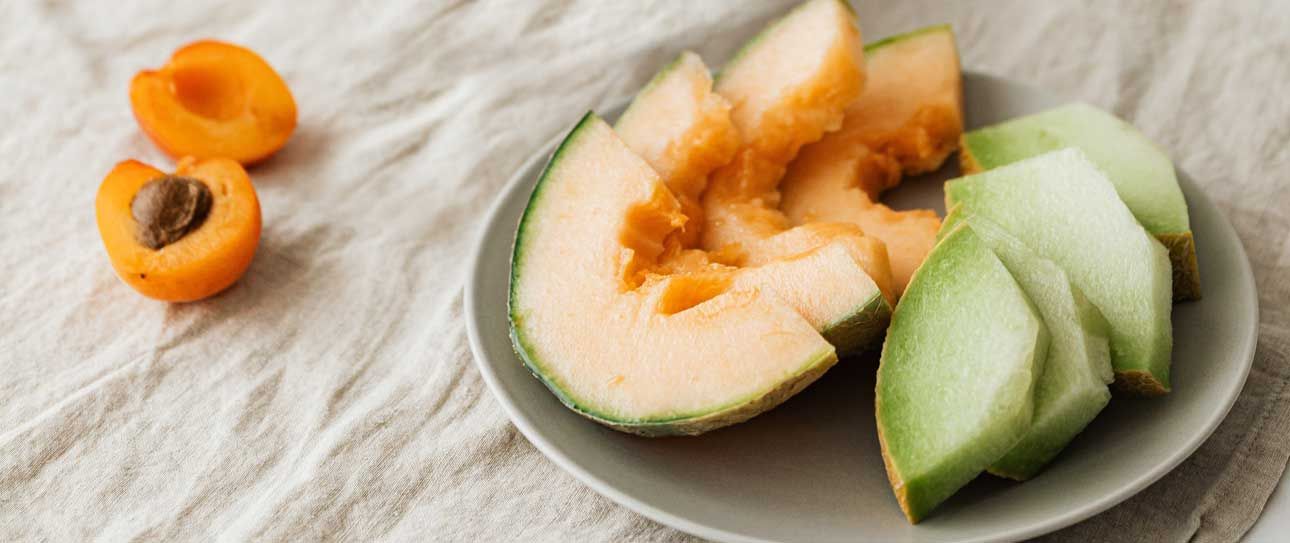
August 27, 2020
Vegetarian and Vegan Vitamin C
The beauty of vegetarianism and veganism is that it’s a conscious decision to be healthy while showing respect for animals and Mother Earth. There are few people more actively thoughtful about responsible health than vegans and vegetarians. For vegans, this includes being diligent about obtaining enough nutrients that don’t normally come from animals in the first place.
For example, vitamin C isn’t typically found in meat or animal byproducts, except for trace amounts of honey. However, every vegan and vegetarian who’s serious about maintaining a healthy diet should be aware of how much they’re getting.
Why is Vitamin C Important?
Known especially for boosting the immune system, vitamin C may protect your body from a number of diseases and infections. Vitamin C in conjunction with over antioxidants can also help guard you from conditions like hypertension, heart diseases, chronic diseases, strokes, and cancer.
Vitamin C also acts as crucial support for other nutrients. For example, it creates a protein, collagen, that works to make blood vessels, ligaments, tendons, and skin cells. It also aids in the production of collagen, another protein that promotes elastic skin and proper eye and bone structure. Additionally, vitamin C helps your body absorb iron from plant-based foods so that your body generates healthy blood cells.
Additionally, vitamin C is counted among antioxidants. These are essential for neutralizing free radical cells, which your body gets from certain foods, tobacco smoke, UV rays from the sun, and even from everyday normal metabolic processes such as when your body breaks down nutrients to create energy. An excess of free radicals are believed to be linked to cancer, heart disease, and other serious conditions.
Without vitamin C, your body would be more susceptible to many illnesses, infections, and chronic diseases. In extreme cases, you could even develop scurvy, though it’s rare in the United States.
Where Can You Get Vitamin C?
A variety of foods are high in vitamin C, including the following:
Oranges
Strawberries
Raspberries
Kiwis
Pineapples
Grapefruits
Lemons
Limes
Cantaloupes
Kale
Spinach
Brussel sprouts
Bell peppers
Broccoli
Cauliflower
Cabbage
Add at least some of these foods to your cart whenever you go to the store. However, to be certain that you’re getting enough, eat these foods raw whenever possible. Heat quickly destroys vitamin C, so you get much less of it when you eat these foods cooked.
Searching for vitamin C supplements is a good idea as well, particularly if they come in the form of ascorbic acid. They’re perfectly in line with vegan and vegetarian ideals because they don’t require anything from animals. Many companies will offer automatic regular shipping so that you never run out.
No matter how you choose to ingest vitamin C, keep in mind that adults should have between 65 and 90 milligrams per day, though you can always consult with your doctor on the best amount for you. It’s difficult to consume too much, but some people may experience stomach discomfort if they do.
Takeaway
No vegan or vegetarian diet is complete without considering all the vitamins and nutrients that you need, not just the ones that you normally get from animal byproducts. These lifestyles are all about responsible health, so stay conscientious about every aspect of yours.
How Vegetarians and Vegans Can Get Vitamin C